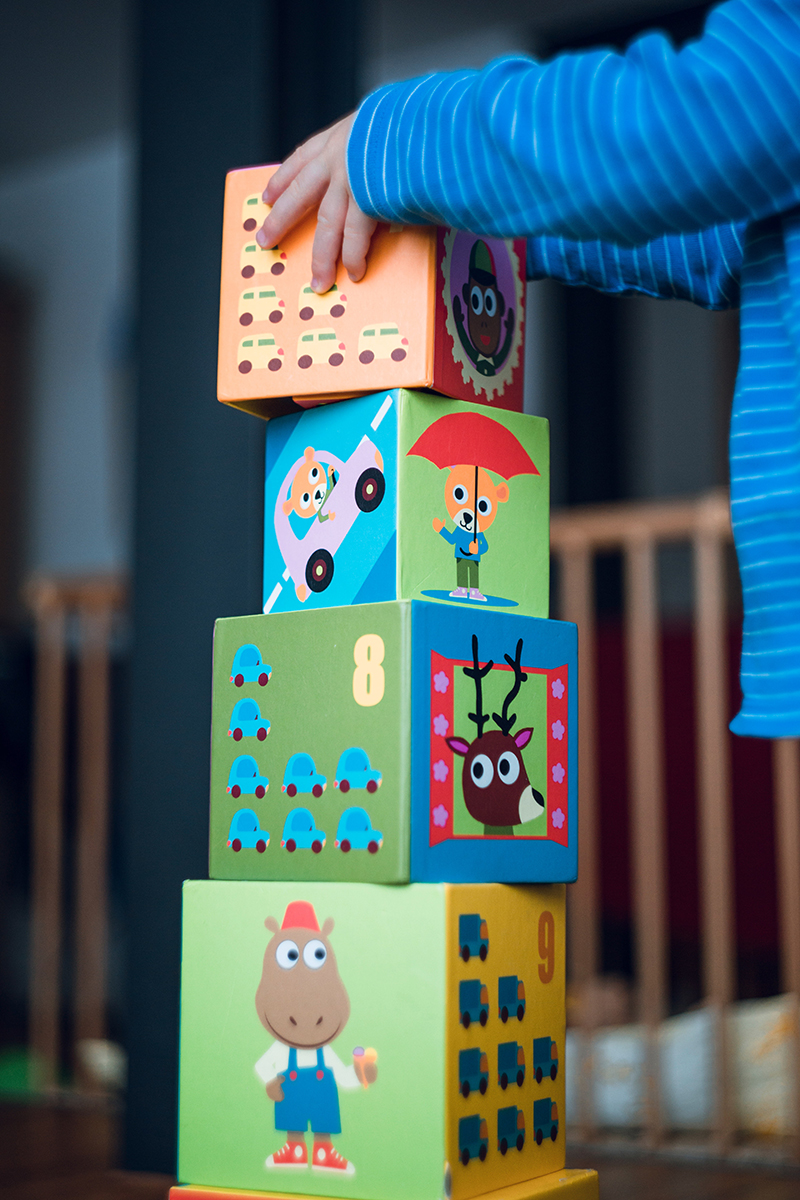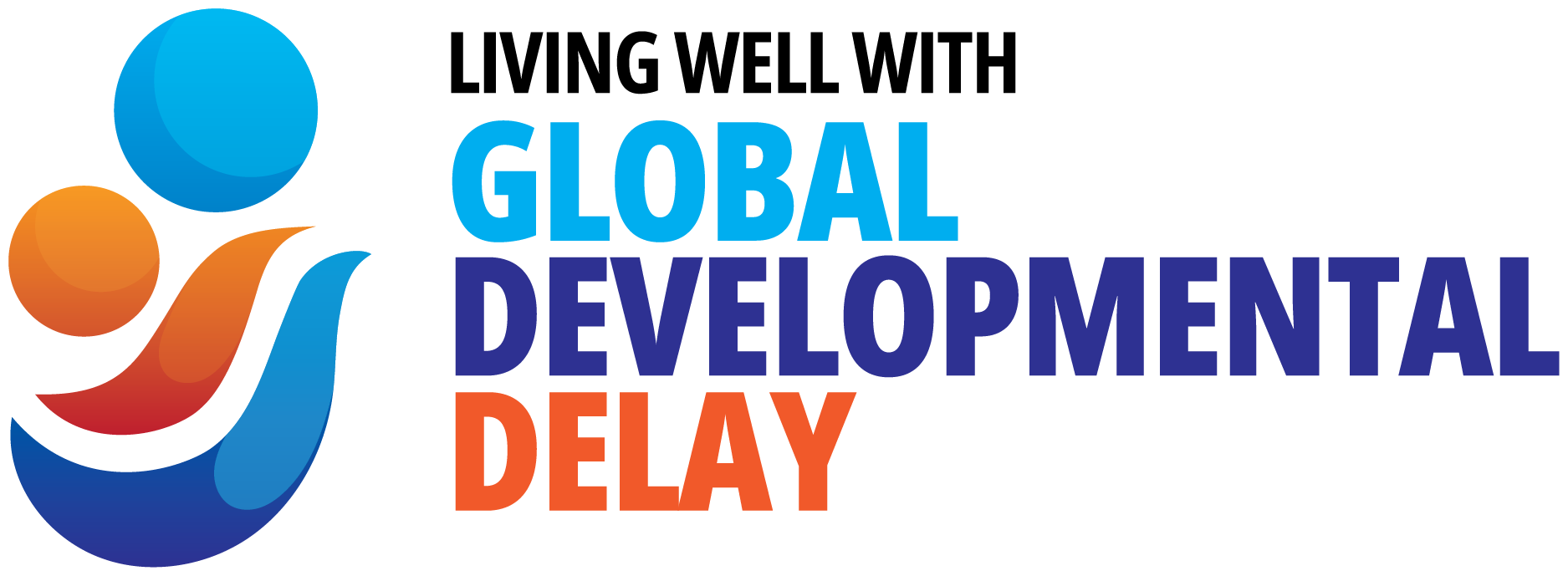- The term Global Developmental Delay simply means that a young child has significant delays in meeting milestones in two or more areas of development.
- Global Developmental Delay is not a lifetime diagnosis, it is a place holder that allows the child and family to access support services.
What is Global Developmental Delay?
Key Message

Beginning the Journey
When you are worried about your child’s development, you want answers. You want to know if there is something you should be concerned about and what the problem might be. Even more, you want to know what you can do to help your child. Being told your child has Global Developmental Delay is the first step to being able to get services for your child and family. We know that the first years of life set the foundations for all that follows, so getting support early is important. Finding that your child has Global Developmental Delay lets you do that. (To learn more about early childhood intervention click here)
What does Global Developmental Delay mean?
Babies and children usually learn key skills such as sitting up, crawling, walking, babbling, talking and becoming toilet trained as they grow up. These skills are known as developmental milestones and happen in a predictable order and usually at a fairly predictable age. When a child fails to reach any of these milestones at the usual age, they are described as having a developmental delay in that area.
A child will be identified as having Global Developmental Delay if they are significantly delayed in reaching milestones in at least two areas of development. ‘Significantly delayed’ means that they are at least 6 months behind what we might expect a child of their age to be able to do. If the child was born prematurely, the child’s ‘adjusted’ age is used. This is the age they would be if they had been born at full term.
The areas of development can be described in different ways but include:
- Cognitive or thinking skills (problem solving, memory)
- Gross motor development (big body movements like sitting, crawling, walking, jumping)
- Fine motor development (using hands and fingers to pick up small objects or toys, holding a pencil, doing up buttons and zips)
- Communication (speech and language skills)
- Social and personal skills (interacting with adults and other children; regulating their own behaviour)
- Self-help skills (eating, toileting, dressing)
Children do not all develop at the same speed; there is a lot of variation. That is why we look at the pattern of the delay and if it can be seen in two or more areas. A delay in one area is not ‘global’ and might be talked about as simply a developmental delay.

Global Developmental Delay is a ‘placeholder’ diagnosis
It is also important to understand that Global Developmental Delay is not a diagnosis for life. It is a description of the child’s development at a point in time, and is only used when an underlying condition cannot be identified, for example when a child is too young to participate in standardised testing. It is what we call a place holder diagnosis, a temporary description that tells us that the child is not meeting the milestones we would expect to see.
If your child’s developmental delays continue as they get older, the causes will become clearer and a more specific diagnosis can then be made.
What are the causes of GDD?
The most common causes of GDD is a problem with the child’s genes or chromosomes, for example Down syndrome or fragile X syndrome.
Sometimes, a child can have GDD due to problems with the structure or development of the brain or spinal cord.
Other causes can include:
- prematurity (being born too early)
- birth trauma
- infections (for example meningitis or encephalitis)
- metabolic diseases, such as having an underactive thyroid gland (hypothyroidism)
- exposure to toxic (poisonous substances), such as alcohol, in pregnancy
- injuries to the brain from accidents or near drowning.
For some children, the cause of the GDD is never identified.
Why use the term Global Developmental Delay?
Identifying a child as having Global Developmental Delay is helpful as it means that you can get access to early childhood intervention services and supports, and will be eligible for support under the NDIS.
Eligibility for support under the NDIS clearly says that children under the age of 7 do not need a diagnosis. For more information on this, go to the NDIS website: https://www.ndis.gov.au/understanding/families-and-carers/early-childhood-approach#help-for-children-younger-than-7
Why do they talk about “delay”?
The use of the word “delay” can be confusing. It suggests that the child will catch up to their peers and no longer be delayed. However, the majority of children who have been identified as having Global Developmental Delay will experience learning disabilities throughout their lives. As their learning and other needs become clearer, they are likely to be diagnosed with a particular disability or disabilities. This will then allow for services to be even more targeted to give them the support they need.
Being told that your child has Global Developmental Delay is the start of your journey to getting help for your child and family. The most important thing to realise is that the help is there!
Resources for Parents
Royal Children’s Hospital (2009). Developmental delay: An information guide for parents. Parkville, Victoria: The Royal Children’s Hospital.
http://www.rch.org.au/uploadedFiles/Main/Content/cdr/Dev_Delay.pdf
Global developmental delay. Contact – for families with disabled children (UK) https://contact.org.uk/conditions/global-developmental-delay/
Resources for Professionals
American Psychiatric Association (2022). Diagnostic and statistical manual of mental disorders: DSM-5-TR (Fifth edition, text revision.). American Psychiatric Association Publishing.
Division of Early Childhood (2009). Developmental Delay as an Eligibility Category. DEC Concept Paper. Missoula, Montana: Division of Early Childhood, Council for Exceptional Children.
McLean, M., Smith, B., McCormick, K., Schakel, J., & McEvoy, M. (1991). Developmental delay: Establishing parameters for a preschool category of exceptionality. Position statement of the Division for Early Childhood, Council for Exceptional Children. Washington, DC: Council for Exceptional Children.
National Disability Insurance Scheme Act 2013. No. 20, 2013 as amended. Canberra, ACT: Commonwealth of Australia.
Royal Australasian College of Physicians Paediatric & Child Health Division (2013). Position Statement: Early Intervention for Children with Developmental Disabilities. Sydney, NSW: The Royal Australasian College of Physicians.
